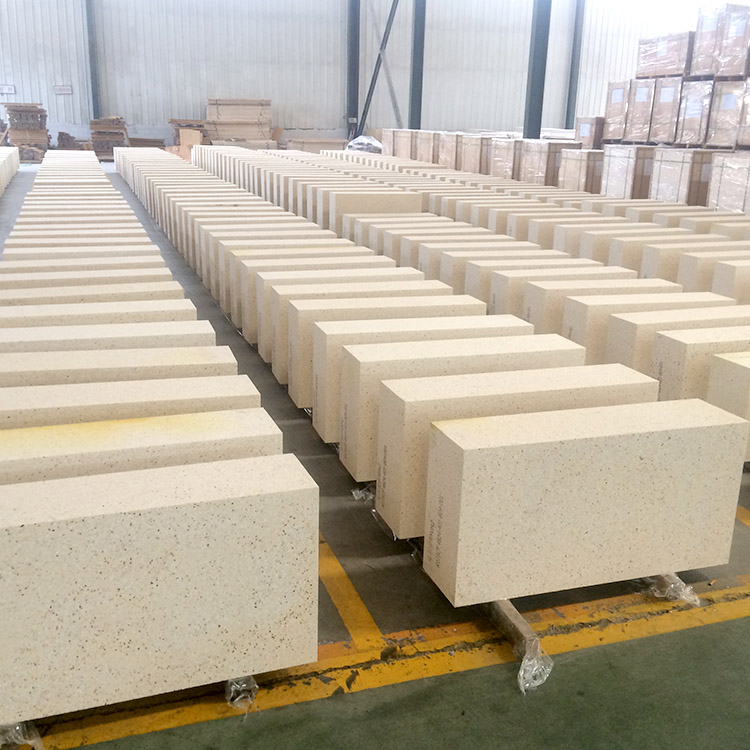
In the industrial sector, corrosion of equipment is a widespread and serious problem. For example, in glass furnaces and blast furnace linings, the high - temperature and corrosive environment can cause significant damage to the inner walls of the equipment. According to industry statistics, equipment corrosion can lead to a reduction in production efficiency of up to 20%. This is mainly because corroded equipment may require frequent maintenance and replacement of parts, which not only increases downtime but also raises production costs.
Sillimanite bricks are made through a series of complex processes. First, high - quality sillimanite raw materials are selected. These raw materials are then crushed, ground, and mixed with appropriate additives. After that, the mixture is formed into bricks through high - pressure molding and finally fired at high temperatures. This manufacturing process endows sillimanite bricks with excellent core performance. They have high refractoriness, with a refractoriness under load of up to 1750°C, and strong corrosion resistance, which can effectively resist the erosion of various corrosive substances in high - temperature environments.
In glass furnaces, the use of corrosion - resistant sillimanite bricks as linings can significantly improve the service life of the furnace. The bricks can withstand the high - temperature melting process of glass raw materials without being corroded, ensuring the stable operation of the furnace. In blast furnace linings, they can resist the erosion of molten iron and slag, reducing the wear and tear of the lining and improving the overall efficiency of the blast furnace.

A glass manufacturing company in Europe had been facing problems with low production efficiency due to the corrosion of its glass furnace lining. The original lining material had a short service life, and the furnace needed to be shut down for maintenance every 3 months on average. After replacing the lining with corrosion - resistant sillimanite bricks, the service life of the furnace lining was extended to more than 12 months. The production efficiency increased by 15% because of the reduced downtime for maintenance. The company also saved a large amount of maintenance costs.
Another steel company in Asia used to have a high wear rate of its blast furnace lining, which affected the quality and quantity of iron production. After adopting corrosion - resistant sillimanite bricks for the lining, the wear rate decreased by 30%, and the production efficiency increased by 12%.
By choosing high - quality corrosion - resistant sillimanite bricks, enterprises can improve production efficiency, reduce production costs, and enhance product quality. These advantages enable enterprises to offer more competitive products in the international market, thereby expanding their market share. In addition, the stable performance of the equipment also helps enterprises to establish a good reputation in the industry, which is crucial for long - term development.
In conclusion, corrosion - resistant sillimanite bricks have significant advantages in improving production efficiency and helping enterprises expand their export market share. If you want to learn more about how these bricks can benefit your business, click here to get more information.

